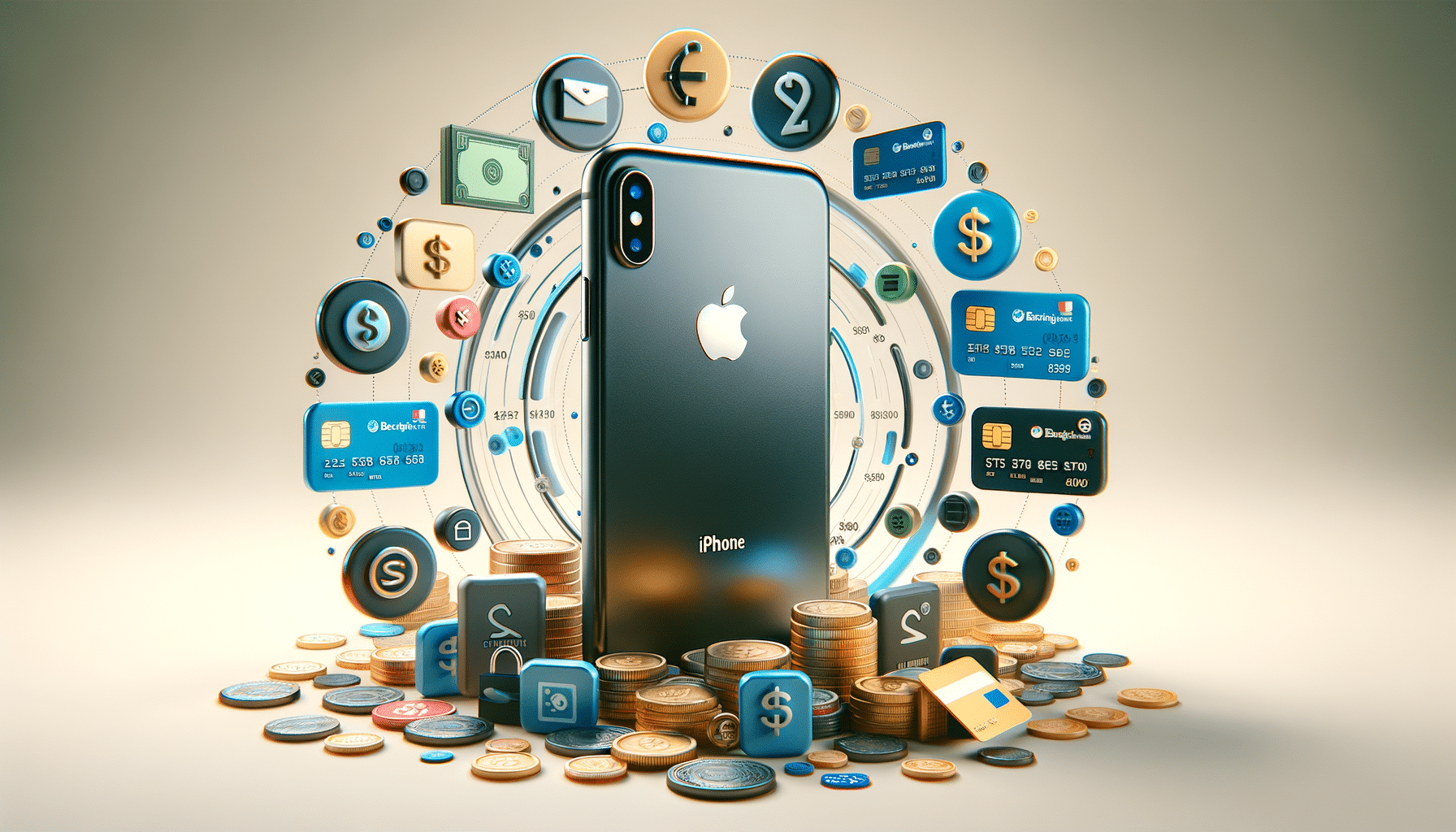
Exploring the Role of Remote Medical Receptionists in Modern Healthcare
The Rise of Remote Medical Receptionists
In recent years, the healthcare industry has witnessed a significant transformation, driven by technological advancements and a growing demand for more efficient patient care. One notable development is the emergence of remote medical receptionists. These professionals play a crucial role in healthcare settings, offering administrative support from remote locations. This shift not only enhances operational efficiency but also allows healthcare providers to focus more on patient care. Remote medical receptionists handle tasks such as scheduling appointments, managing patient records, and answering calls, all from a distance. This flexibility is particularly beneficial for small practices that may not have the resources to maintain a full-time, on-site receptionist.
The rise of remote medical receptionists can be attributed to several factors:
- Advancements in communication technologies, which facilitate seamless interaction between remote workers and healthcare facilities.
- The increasing adoption of electronic health records (EHRs), making it easier to access patient information from anywhere.
- A growing preference for flexible work arrangements, both from employers and employees.
By embracing remote medical receptionists, healthcare providers can reduce overhead costs, improve patient satisfaction, and enhance overall service delivery.
Key Responsibilities of Remote Medical Receptionists
Remote medical receptionists are entrusted with a wide range of responsibilities that are vital to the smooth operation of healthcare facilities. Their primary duties include managing patient appointments, handling inquiries, and maintaining accurate patient records. These tasks require a high level of organization and attention to detail, as any errors can have significant implications for patient care.
Some of the key responsibilities of remote medical receptionists include:
- Appointment Scheduling: Coordinating patient appointments, managing cancellations, and rescheduling as necessary.
- Patient Communication: Serving as the first point of contact for patients, addressing inquiries, and providing information about services.
- Data Management: Updating and maintaining patient records, ensuring accuracy and confidentiality.
- Billing Support: Assisting with billing inquiries and processing payments when needed.
Remote medical receptionists must be adept at using various software tools and platforms to perform their duties efficiently. They also need excellent communication skills to interact effectively with patients and healthcare staff.
The Advantages of Hiring Remote Medical Receptionists
Hiring remote medical receptionists offers numerous advantages for healthcare providers. One of the most significant benefits is cost savings. By employing remote staff, healthcare facilities can reduce expenses related to office space, utilities, and other overhead costs. This is particularly advantageous for smaller practices that operate on tight budgets.
Moreover, remote medical receptionists can provide flexible support, adapting to the needs of the healthcare facility. Whether it’s managing increased call volumes during peak times or covering for on-site staff during absences, remote receptionists offer a level of adaptability that is invaluable in a dynamic healthcare environment.
Additional advantages include:
- Access to a Broader Talent Pool: Healthcare providers can hire skilled receptionists from different geographical locations, ensuring they find the right fit for their needs.
- Improved Patient Experience: With remote receptionists handling administrative tasks, healthcare staff can dedicate more time to patient care, enhancing the overall patient experience.
- Scalability: As healthcare practices grow, remote receptionists can easily accommodate increased workloads without the need for significant infrastructure changes.
These benefits make remote medical receptionists an attractive option for healthcare providers seeking to optimize their operations and improve service delivery.
Challenges Faced by Remote Medical Receptionists
While the role of remote medical receptionists offers numerous advantages, it is not without its challenges. One of the primary concerns is maintaining effective communication between remote receptionists and on-site healthcare staff. Ensuring seamless interaction requires robust communication systems and protocols.
Another challenge is data security. As remote receptionists handle sensitive patient information, safeguarding this data is paramount. Healthcare providers must implement stringent measures to protect patient records from unauthorized access and breaches.
Other challenges include:
- Time Zone Differences: Coordinating schedules across different time zones can be challenging, particularly for practices with patients in various locations.
- Technical Issues: Remote work relies heavily on technology, and any technical difficulties can disrupt operations.
- Isolation: Remote receptionists may experience feelings of isolation, which can impact job satisfaction and performance.
To address these challenges, healthcare providers must invest in reliable technology, provide ongoing training, and foster a supportive work environment for their remote staff.
The Future of Remote Medical Receptionists
As the healthcare industry continues to evolve, the role of remote medical receptionists is expected to grow in importance. The increasing adoption of telehealth services and the demand for flexible work arrangements are likely to drive further integration of remote receptionists into healthcare operations.
Technological advancements, such as artificial intelligence and machine learning, may also enhance the capabilities of remote medical receptionists, allowing them to perform more complex tasks and improve efficiency. For instance, AI-powered tools could assist with appointment scheduling, patient triage, and data management, freeing up receptionists to focus on more personalized patient interactions.
Furthermore, the shift towards patient-centered care is likely to increase the demand for remote receptionists who can provide empathetic and efficient support. As healthcare providers prioritize patient satisfaction, remote receptionists will play a vital role in ensuring a seamless and positive patient experience.
Overall, remote medical receptionists are poised to become an integral part of the healthcare landscape, offering valuable support to both patients and healthcare providers.


